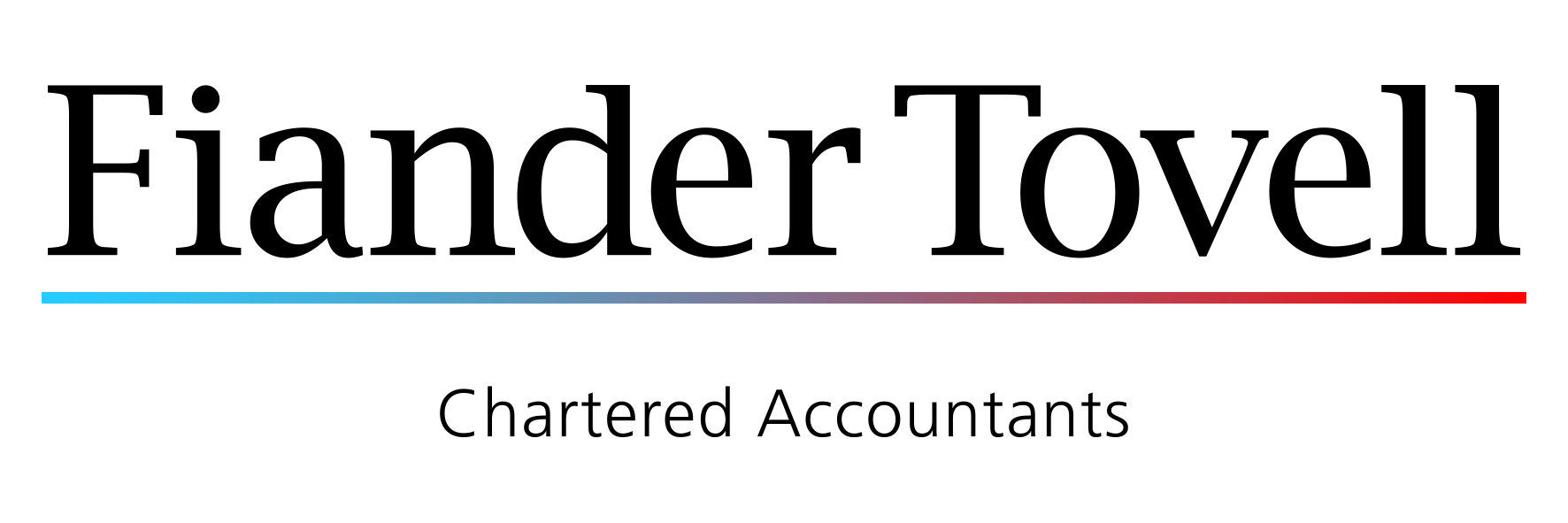Is your business at risk of becoming entangled in a money laundering scheme? Some organisations can be more vulnerable to economic crime than others, due to the nature of their business. Known as AML-regulated (Anti-money laundering-regulated) entities, these businesses are subject to extra regulatory measures as a result, to help support the government’s efforts to tackle economic crime.
In fact, the government recently introduced an Economic Crime Levy for AML-regulated entities, with the first payment due on 30th September 2023. With this in mind, we thought it would be apt to share a recap on money laundering, including which organisations are most vulnerable to it, and how the government aims to work with them to reduce economic crime in the UK.
What is Money Laundering?
Money laundering is a process which involves profits obtained via criminal activity being ‘cleaned’, so that they appear to be legitimately sourced, and removing any link to the original source – hence the phrase laundering. It allows criminals to benefit from illegal activity without their wealth appearing suspicious.
Under the Proceeds of Crime Act 2002, an individual is engaged in money laundering if they:
- conceal, disguise, convert or transfer criminal property or remove it from England and Wales or Scotland or Northern Ireland;
- enter in to, or become concerned in, an arrangement which they know or suspect facilitates the acquisition, retention, use or control of criminal property;
- acquire, use or have possession of criminal property.
For AML-regulated entities, it is likely that they may unknowingly become involved in money laundering if one of their clients is concealing the profits of crime – potentially by using their services.
If your organisation is falls into one of the following sectors, then you are more likely to be subject to regulation:
- credit institutions
- financial institutions
- auditors, insolvency practitioners, external accountants and tax advisers
- independent legal professionals
- trust or company service providers
- estate agents and letting agents
- high value dealers, casinos, auction platforms and art market participants
- cryptoasset exchange providers and custodian wallet providers.
What does it actually mean to be in the AML-regulated sector?
If your business falls within the AML-regulated sector, then you must establish several procedures to demonstrate how you aim to alleviate the risk. These procedures are:
- Identifying and assessing the risks of money laundering and terrorist financing that your organisation is exposed to, and managing that risk.
- Applying customer due diligence procedures.
- Keeping appropriate records.
- Appointing a Money Laundering Nominated Officer (MLNO) who will be the point of contact for your employees to submit any reports of money laundering.
- Appointing a member of the board or senior management as the officer responsible for compliance with the Regulations – this can be the same person as the MLNO.
- Establishing systems and procedures to forestall and prevent money laundering.
- Monitoring and managing compliance with the policies and procedures, and how these will be communicated to the workforce.
- Providing relevant individuals with training on money laundering and awareness of their procedures in relation to money laundering.
The Economic Crime Levy
In recent years, the government has placed a stronger emphasis on tackling economic crime. As part of an initiative to develop a long-term Sustainable Resourcing Model (SRM), they announced the Economic Crime (Anti-Money Laundering) Levy as part of their Autumn Statement in October 2021.
The levy is an annual charge affecting AML-regulated entities, and has been introduced as a strategy to help fund the government’s anti-money laundering initiatives, to help protect UK companies from becoming wrapped up in money laundering.
Following the announcement, the levy was introduced on entities regulated during the 2022/23 financial year. This ran from 1st April 2022 to 31st March 2023, meaning that the first set of payments are due in this financial year (2023/24), on 30th September.
The levy is payable as a fixed fee, with four revenue-based size bands that organisations can fall under, demonstrated in the table below:
| Band | UK revenue | Economic Crime Levy Charge |
| Small | under £10.2 million | EXEMPT |
| Medium | £10.2 million – £36 million | £10,000 |
| Large | £36 million – £1 billion | £36,000 |
| Very large | over £1 billion | £250,000 |
The best method of prevention is to remain proactive with regards to your business’ AML obligations. If you would like to discuss the risk of money laundering for your business, and how to ensure that you satisfy the AML regulatory procedures, then please do not hesitate to get in touch with a member of our team, on 023 8033 2733.
You can find more of the latest accounting and tax updates here.

